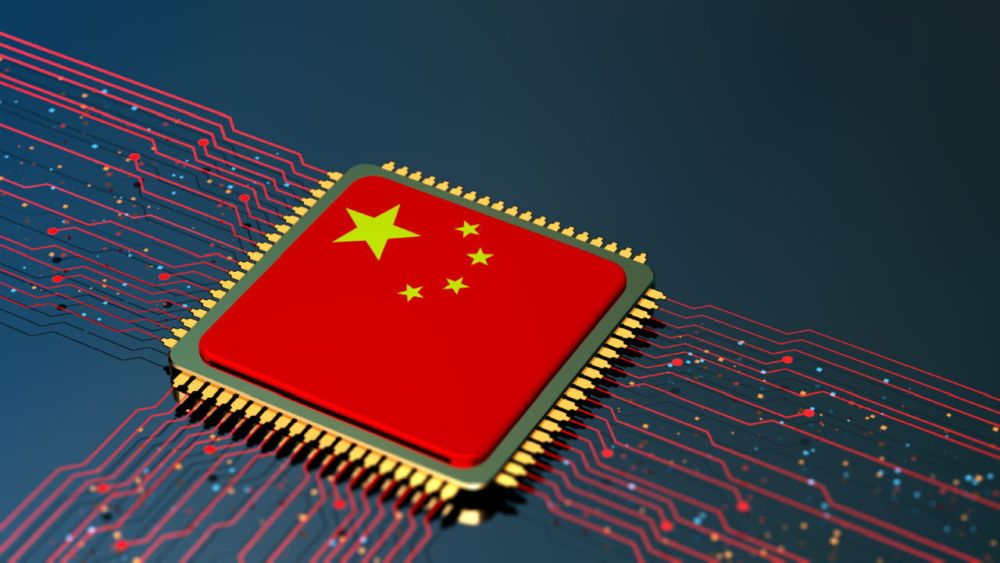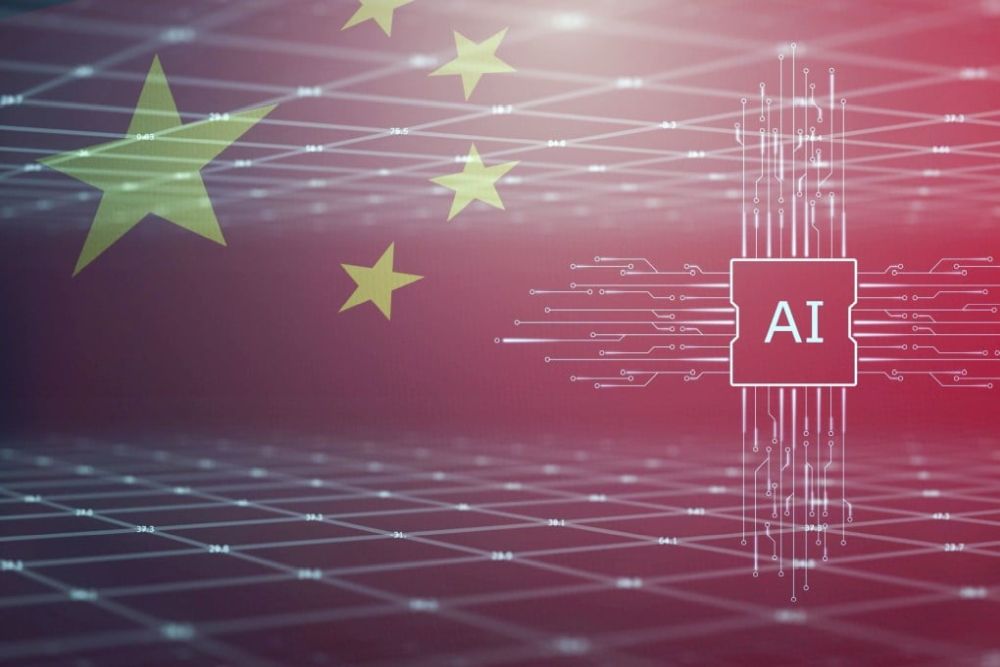Former Google CEO Eric Schmidt has raised serious concerns about the global future of artificial intelligence, warning that Chinese open-source AI models could dominate the world. He points out a striking contrast: while major AI models in the U.S. remain closed-source and expensive, China’s leading AI systems are open-source and free. This price and accessibility gap may push many countries, especially those with fewer resources, to adopt Chinese AI simply because it is free, not necessarily better.

Schmidt’s warning highlights a growing geopolitical issue in the tech sector. Massive Chinese AI models by firms like Alibaba and DeepSeek have quickly gained traction worldwide due to their free availability. This trend could extend China’s influence over global AI infrastructure, especially in developing countries. For countries unable to afford costly Western AI systems, the open-source Chinese alternatives might become the de facto standard, shifting the global AI balance of power.

This development has already begun to affect American companies. Some Silicon Valley firms have started using Chinese AI models for their cost-effectiveness and performance. Meanwhile, the debate over sovereign AI—where nations seek control over their AI technology and data—has intensified. Nvidia’s CEO and others have stressed the importance of countries developing their own AI capabilities to maintain cultural and technological independence.

Eric Schmidt’s alert underscores critical questions for policymakers around the world: How can nations protect their AI sovereignty? Can the West compete with free, open-source models from China without ceding influence? The rise of these Chinese models challenges not just market dynamics but also national security and global governance of AI technology in the years ahead.

#AI #China #EricSchmidt #OpenSourceAI #ArtificialIntelligence #TechGeopolitics #AISovereignty #SiliconValley #Alibaba #Nvidia
